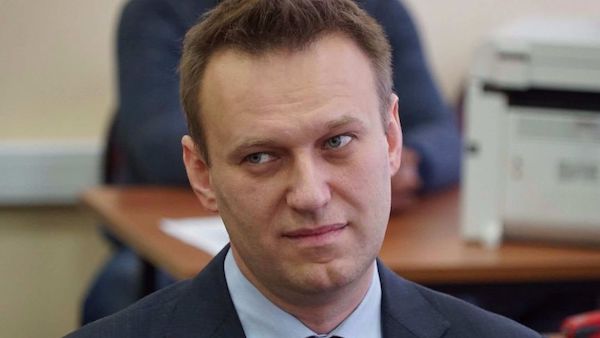International
Samples taken from Russian opposition figure shows presence of Soviet-era nerve agent —German Govt

The government of Germany has revealed that the samples taken from prominent Russian opposition figure Alexey Navalny showed the presence of the Soviet-era nerve agent Novichok.
German Chancellor Angela Merkel’s spokesman, Steffen Seibert, said in a statement on Wednesday that testing by a special German military laboratory had shown “proof without doubt of a chemical nerve agent from the Novichok group”.
“It is a dismaying event that Alexey Navalny was the victim of an attack with a chemical nerve agent in Russia,” Seibert said. “The German government condemns this attack in the strongest terms. The Russian government is urgently requested to provide clarifications over the incident.”
READ ALSO: Health condition of poisoned Russian opposition leader ‘very worrying’ —Activist
Seibert also revealed in the statement that the Soviet-era chemical weapon, was the nerve-agent used to poison former Russian spy Sergei Skripal in the United Kingdom about two years ago.
German Chancellor Angela Merkel had earlier called on Russia to fully investigate the Kremlin critic’s suspected poisoning saying those responsible “must be identified and held accountable“.
“In view of the prominent role of Mr Navalny in the political opposition in Russia, the authorities there are now urgently called upon to investigate this act down to the last detail – and in full transparency,” she said in a joint statement with Foreign Minister Heiko Maas.
Join the conversation
Support Ripples Nigeria, hold up solutions journalism
Balanced, fearless journalism driven by data comes at huge financial costs.
As a media platform, we hold leadership accountable and will not trade the right to press freedom and free speech for a piece of cake.
If you like what we do, and are ready to uphold solutions journalism, kindly donate to the Ripples Nigeria cause.
Your support would help to ensure that citizens and institutions continue to have free access to credible and reliable information for societal development.




















